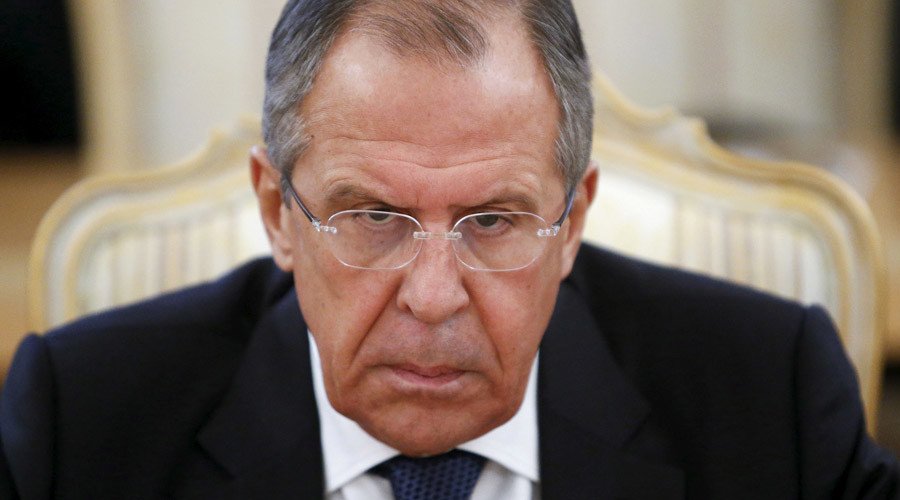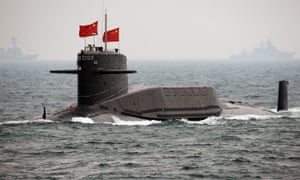RUSSIA: Military options against North Korea unacceptable

Russia on Friday warned at the United Nations that military options to address the threat from North Korea’s nuclear and ballistic programs were “completely unacceptable” and would have “catastrophic consequences.”
Russian Deputy Foreign Minister Gennady Gatilov told the Security Council that China’s proposals to re-start talks with North Korea should be seriously examined and that sanctions alone would not work.
North Korea “is conducting itself in an inappropriate way,” Gatilov told the council.
“At the same time, options of using force are completely unacceptable and could lead to catastrophic consequences.”
The Security Council was meeting to try to agree on a global response to North Korea that the United States maintains must involve China ramping up pressure on its Pyongyang ally.
